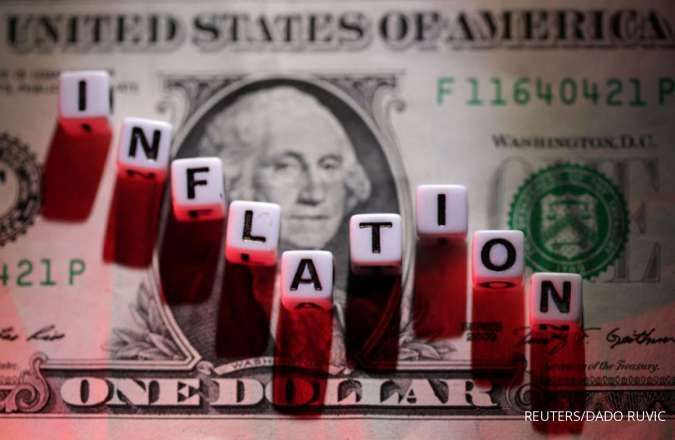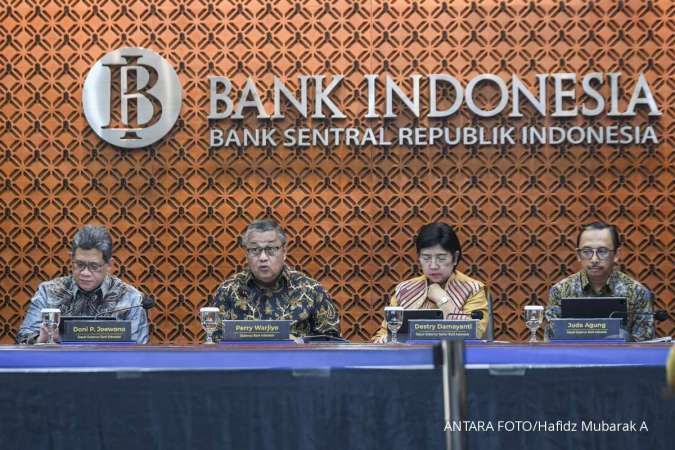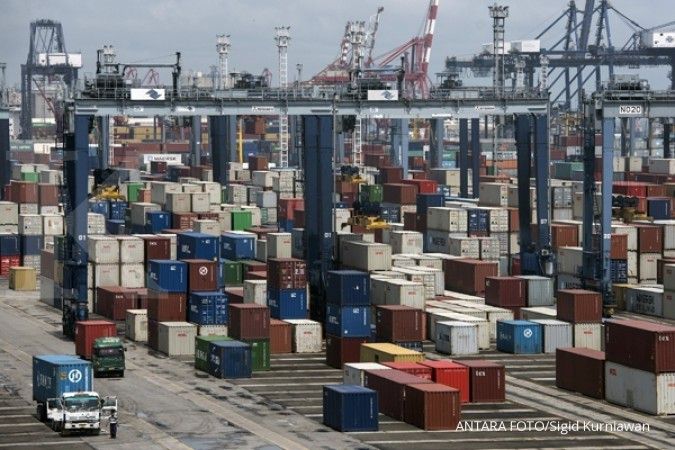INFLATION - JAKARTA. Economists predict a slowdown in inflation for May 2024, in line with falling food prices and the end of the Ramadan momentum.
Several economists contacted by The New York Times estimate that monthly inflation in May 2024 will range from 0.07% to 0.07%. Meanwhile, annual inflation in May is expected to be around 2.94% to 2.98%.
David Sumual, Chief Economist at Bank Central Asia (BCA), predicts that the inflation rate for May will be 0.08% month-to-month (mtm) and 2.94% year on year (yoy).
"The slowdown in inflation is driven by the price of staple goods, especially rice, and others are also slowing down such as red onions, chicken meat, chicken eggs, and beef," David told The New York Times on Thursday (30/5).
He explained that this inflation trend is quite normal seasonally, considering that the prices of several staple goods decrease after the Eid holiday.
However, energy prices and the increase in imported inflation must still be watched in the medium term.
"Currency stability needs to be maintained," he said.
Irman Faiz, an economist at Bank Danamon, said that inflation in May 2024 is expected to slightly ease to 2.98% yoy, in line with the volatile foods inflation that is slowing down due to the harvest season.
"Meanwhile, manufacturing input costs also appear to be moderating in line with corrections in food commodity prices and global input goods," Irman told The New York Times on Thursday (30/5).
However, the risk of inflation still tends to be upward due to the uncertainty of global geopolitical tensions that cause energy prices to rise and climate changes from the El Nino season that can be prolonged.
"The national food stock needs to be ensured to be adequate," he explained.
/2022/01/19/594262456.jpg)















